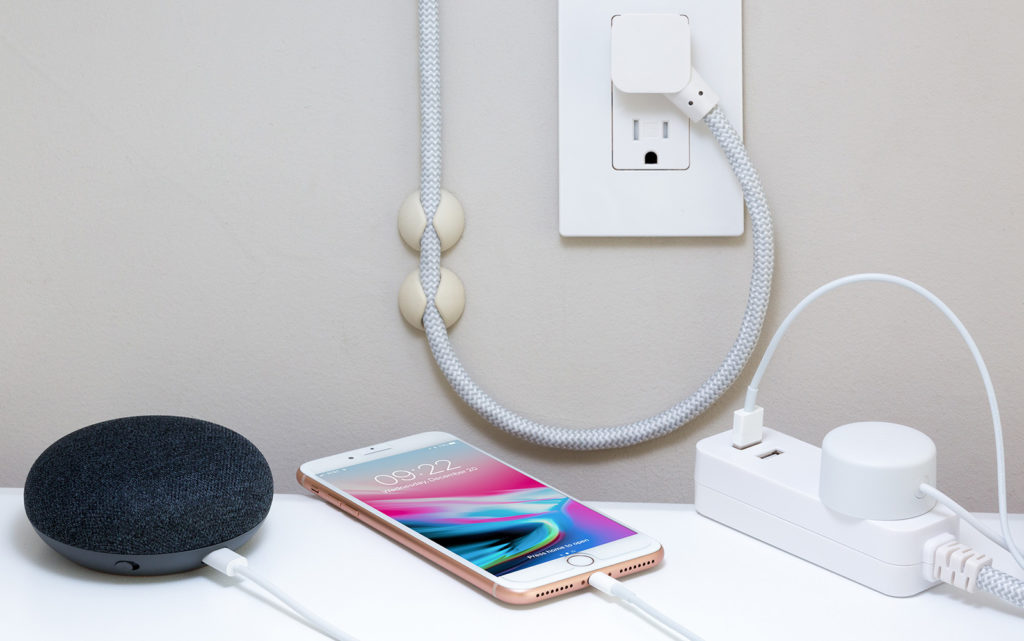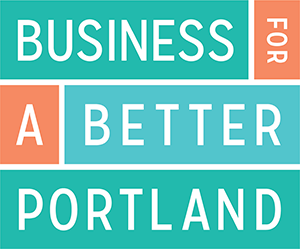Whether you have a small startup or a thriving company with a long history, WordPress is a great choice for web design. It can be daunting to dig into if you’re not a website pro, though, and there are a lot of different paths to the same end result—even if not every path is necessarily a good one.
If you’re a beginner, or if you’re peeking under the hood of a WordPress website you’ve paid to have built, you might ask: What exactly is going on with that Plugins panel?
What is a WordPress plugin?
In short, a plugin is an add-on that serves a specific function on your website, which isn’t normally included in WordPress core software. Not everybody needs every single functionality under the sun, so developers have created little modules that you can “plug in” to your website when you need them.
Some WordPress plugins are completely free, while others have “lite” versions with paid upgrades, and still others are available for a fee.
Just as it is with everything else in life, you get what you pay for with plugins. That free plugin you have your eye on may be less powerful or harder to use than a paid plugin that serves the same function.
Why should I use WordPress plugins?
There’s a lot to like about WordPress plugins, whether you’re a website pro like me, or you’re just getting your feet wet.
Plugins are a huge time-saver. Custom development is really valuable for solving specific website problems! For more common functions, however, there’s no reason to waste time reinventing the wheel. Just take a spin through the WordPress plugins directory, and see if someone’s already created a plugin to handle that functions for you!
Plugins give you flexibility. Not only can they make life easier for developers, they can also give regular users more control. Instead of dealing with code every time you want to add or change a web form, for example, the right forms plugin will let you build and make changes in an easy drag-and-drop interface.
Plugins are actively maintained by developers! “Actively maintained” means that the plugin is regularly updated to ensure it works with the most current version of WordPress. That means less potential for problems, inconsistencies, or security issues as the WordPress core evolves and improves.
Okay, what’s the down side?
There’s no perfect system, unfortunately, and while plugins can be a really powerful problem-solving tool for WordPress web design, there are also a few reasons why you might not want to go wild and install 20+ plugins on your website.
Not all plugins are actively maintained. One drawback of free plugins, in particular, is that their developers may not have the capacity to maintain them, and that can spell bad news over time. Updates to the WordPress core can cause outdated plugins to stop functioning correctly, leaving you scrambling to find an up-to-date solution when something breaks.
Luckily, paid plugins are almost always actively maintained, so a small investment up-front can buy you security in the longer term.
Too many plugins can slow down your website. This is mostly in more extreme cases, but think of it this way: each item you add to a process adds to how long it takes. A few plugins is 100% fine, but dozens of plugins can bog things down–and if your website takes forever to load, a lot of potential clients will leave before it does.
Not all plugins will play nicely together. Let’s think of your plugins like children on the playground: a group of just a few kids can have a totally fun and harmonious afternoon together, but as that group of kids gets bigger, so does the potential for conflicts! Your plugins are the same: the more plugins there are, the more
The key to WordPress website success? Moderation.
When I develop a WordPress website, I always aim for moderation with my plugins. I look for the ideal balance of saved time and overall site performance, which often means that I end up using fewer plugins than many other developers.
Still, not using any plugins at all would be a less effective use of our time and our clients’ resources overall—that would add up to extra coding time that could be better used on other aspects of the site. So, I always have some plugins in the mix, just not so many that it becomes unwieldy!
In short, choose wisely with your WordPress plugins. Think about what functionalities you really need, and which ones you could solve another way without much trouble. And, if you like a particular plugin, consider buying the paid version!
Still feel overwhelmed by your WordPress web design? Good thing you’re here, because design for WordPress is our jam! Book a consultation with Upswept, and let us take care of your website headaches for you.


